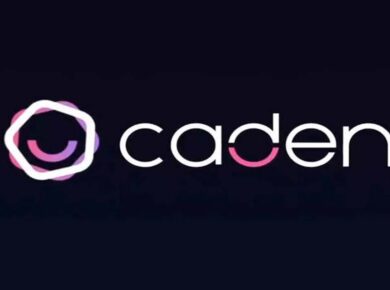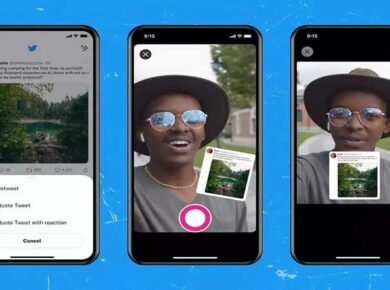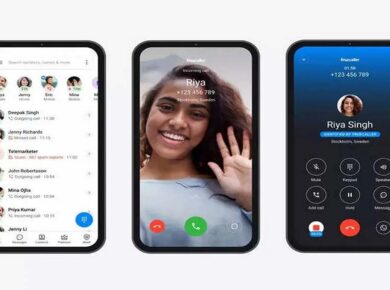A recent report has surfaced accusing ByteDance, the parent company of TikTok, of creating fake accounts to scrape content from Instagram, Snapchat, and other social media platforms. According to BuzzFeed News, ByteDance then reposted this content on the popular mobile app Flipagram in an attempt to expand its reach.
Flipagram, established in 2013, served as a precursor to TikTok, enabling users to produce and share short videos. Allegedly, ByteDance illicitly obtained videos, usernames, images, and other content from various social media platforms and uploaded them to Flipagram without the users’ consent or awareness.
Internal documents reviewed by BuzzFeed News revealed that this practice was viewed as a “growth hack” within the company. Former employees disclosed that the team aimed to scrape over 10,000 videos daily, particularly focusing on high-priority countries.
The scraped content played a crucial role in training ByteDance’s influential “For You” algorithm, which powers both TikTok and its Chinese counterpart, Douyin. ByteDance reportedly engaged in similar scraping activities with Musical.ly, which it later acquired and rebranded as TikTok in 2017.
In response to these allegations, a spokesperson from ByteDance clarified that the company acquired Flipagram in 2017 and briefly operated it, along with Vigo. However, both Flipagram and Vigo ceased operations years ago and are not linked to any current ByteDance products.
Despite these controversies, TikTok has soared to remarkable success, surpassing one billion monthly active users worldwide and overtaking Facebook as the most downloaded social media app globally.










